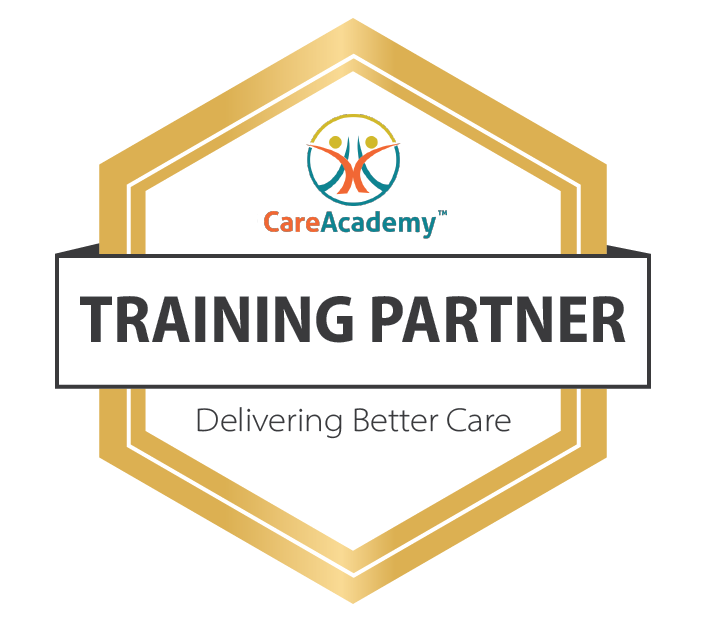Traumatic Brain Injury (TBI) is an alarming public health issue and a significant contributor to mortality and disability rates in the United States. The Centers for Disease Control and Prevention (CDC) reports that a staggering 2.8 million Americans sustain TBI annually. While some individuals recover completely from TBI, others may suffer from debilitating, long-term consequences such as Chronic Traumatic Encephalopathy (CTE).
CTE is a degenerative and relentless neurological disorder that has been unequivocally associated with repetitive brain injuries, such as frequent concussions and sub-concussive hits to the head. The symptoms of CTE can take years or even decades to appear and may include memory loss, depression, irritability, aggression, and dementia.
Dementia is a broad term used to describe a decline in cognitive function that interferes with daily activities. Although Alzheimer’s disease is the predominant form of dementia, responsible for 60-80% of cases, it’s important to acknowledge that other types of dementia exist. These include vascular dementia, Lewy body dementia, and frontotemporal dementia, all of which can be triggered by TBI and CTE.
The Connection between TBI and CTE in Dementia
Scientific research indicates that Traumatic Brain Injury (TBI) elevates the chances of developing Chronic Traumatic Encephalopathy (CTE), which, in turn, increases the risk of developing dementia. Studies have demonstrated that the severity and frequency of head injuries significantly increase the likelihood of developing CTE and dementia.
Prepare to be shocked: according to a groundbreaking study by the Boston University School of Medicine, a whopping 99% of brains obtained from National Football League (NFL) players showed evidence of chronic traumatic encephalopathy (CTE), along with 91% of college football players and 21% of high school football players. Even more alarming, the risk of developing CTE was found to be significantly higher for players in positions that involved more frequent and severe head impacts, such as linemen and linebackers.
While CTE is commonly linked with contact sports, it’s crucial to acknowledge that it can also impact military personnel, domestic violence victims, and people who have experienced repeated falls or accidents. This emphasizes the urgent necessity for greater consciousness and prevention of head injuries, along with the significance of seeking professional care and support for those with a TBI or CTE history.
Clear implications arise from this research, emphasizing the importance of not overlooking TBI and CTE and taking preventive measures. Early intervention is essential to monitor individuals with a history of TBI for signs of CTE, such as changes in behavior or mood, to avoid complications. Furthermore, it is important to raise awareness of the risks associated with TBI and CTE in contact sports and other activities that carry the risk of head injuries, and to take steps to minimize these risks wherever possible.
How WellSprings Home Care Can Help
Coping with a cherished one’s dementia can present significant hurdles, particularly when compounded by a prior TBI or CTE diagnosis. At WellSprings Home Care, a top-tier senior care agency situated in West Chester, PA, we deliver tailored memory care solutions for those living with dementia, ensuring their unique needs are met with compassion and expertise.
At WellSprings Home Care, we recognize the significance of companionship and socialization in promoting overall wellness. Our team of caregivers is equipped with the expertise to offer customized care that transcends mere physical assistance. We firmly believe that social interaction and emotional support are fundamental to a gratifying life, especially for seniors who may experience seclusion and melancholy. Our companionship and socialization services aim to foster mental and emotional health, in addition to physical well-being, by providing seniors with the much-needed social and emotional support they deserve.
Our memory care services prioritize the safety and well-being of individuals with dementia. We provide a secure and nurturing environment that includes medication management, safety checks, and fall prevention services. Our caregivers are trained to address the unique needs and challenges of individuals with dementia to reduce the risk of injury and ensure that they receive the appropriate care and support.
At WellSprings Home Care, we understand the challenges that family caregivers face when caring for a loved one with dementia. That’s why in addition to our memory care services, we offer respite care to provide family caregivers with a much-needed break. Our trained and compassionate caregivers can step in and provide care for your loved one while you take time off to rest and recharge. We offer flexible scheduling to meet your needs, whether you need a few hours or several days of respite care. With our respite care services, you can have peace of mind knowing that your loved one is in good hands.
Conclusion
In conclusion, TBI and CTE are serious conditions that can have long-lasting impacts on an individual’s cognitive abilities and increase their risk of developing dementia. Prevention, medical attention, and mental health support are essential for individuals with a TBI or CTE history to minimize the risk of further brain injury and manage potential dementia effects. It’s critical to prioritize these measures to safeguard a fulfilling and dignified life despite cognitive abilities.
At WellSprings Home Care, we recognize the distinctive obstacles confronted by those with dementia and TBI/CTE, and we vow to offer tailored and empathetic memory care services that encourage autonomy, quality of life, and well-being. Our caregivers are equipped to manage the physical, emotional, and cognitive demands of our clients, and we collaborate closely with families and healthcare professionals to devise individualized care plans that cater to their particular requirements.
At WellSprings Home Care, we prioritize dignified and fulfilling living for every individual, including those with cognitive challenges like dementia and a history of TBI or CTE. Seeking professional care and support is essential, and we are here to help. Contact us today to learn more about our services and how we can support your loved one’s meaningful life.






